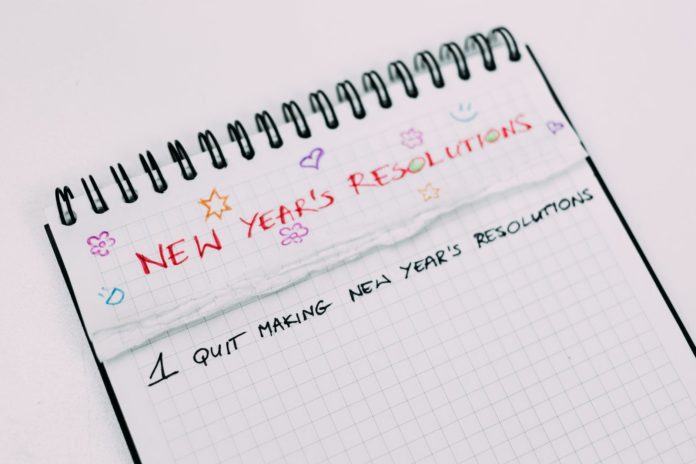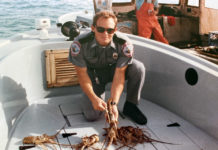A number of factors motivate people to make changes. Maybe you want to start eating better because you’ve learned you have high blood pressure. Or perhaps some time has opened up in your schedule and you finally want to get back to painting. Obviously, it’s good to have goals and it’s great to be reactive in a positive manner. We tell ourselves that each new year is fresh and crispy, perfect terroir for change. But let’s be honest, 2020 is upon like a beefy, bearded linebacker and most of us are starting to feel like we just need to do something to avoid getting our wind knocked out.
Enter that famous stand-by, the New Year Resolution. The problem with resolutions is they’re made as last-ditch efforts at salvation, a knee-jerk reaction to a particular time of year as opposed to a decision made in response to new information or opportunity. Sure, Jan. 1 is as good a time as any to start a new habit, but really, so are the countless languid summer days we allow to float by each year. If the only external driver is an arbitrary date change, you may be setting yourself up for disappointment.
Of course, we can wake up on Jan.1, shake off the bad decisions of Dec. 31 and hit the gym after downing a green juice. We can probably do it again on Jan. 2 without the hangover. And again on the third…fourth…fifth…
But if we’re being totally honest, how are things looking by mid-January? Certainly, some of you can truly take on a resolution and make it stick. Some of you can also eat burgers and chocolate cake every day and still effortlessly run a 5k. That’s wonderful. More power to you. Now go away — the rest of us don’t want to hear it. For us mere mortals, our resolutions get a little droopy after a few weeks. That, in and of itself, wouldn’t be a terrible thing, but it’s unfortunately coupled with some pretty bleak disappointment because most of us are pretty damn hard on ourselves.
That’s not to say we can’t change. Far from it! We just need a dose of reality with our green juice. Behavior change researcher Dr. James Prochaska outlines four stages of change. Essentially, people need to recognize a catalyst for change, then simmer on it for a while, then make a plan, and then, finally, enter the action stage. That’s right — hitting the gym is stage four.
It’s not that you can’t do it; you just may not be at the right step yet. I have a wonky IKEA bookcase to prove that I don’t always start on the correct step. Some tasks look simple, approachable, so you jump in around step three. But then there’s a stupid hexagon-shaped screw thrown into the mix, and suddenly what seemed manageable is piled around your ankles in the living room. You muddle through and sure enough, there’s a bookcase at the end, but you don’t look at it and love it. And you wouldn’t dare put that heavy beautiful sculpture on it.
The best thing you can do when staring down that barrel at a new year and considering change is to pause and take stock. Are you truly ready to make a big change, or are you just kind of considering it because you know the end result would be nice? Be honest.
If you allow yourself time to make changes in steps rather than all at once, odds are better that you’ll succeed. Supposedly, it takes an average of 28 days for our brains to turn a task into a habit. And for the record, a habit isn’t a streak. We can race through 28 days like a marathon, but we’ll likely be looking forward with great anticipation to a break on day 29. That break is going to feel pretty good and before you know it, you’ve had a month-long vacation. We’re all capable of change, but we’re also capable of flaming out. Pace yourself. Be realistic. February You thanks January You for the extra thought, effort and restraint.
If you still feel like you just have to make a resolution, then do yourself a favor. Make a second resolution to go easy on yourself if the first resolution doesn’t pan out. There’s always Feb. 1.
























